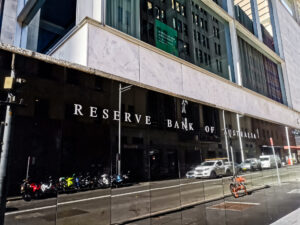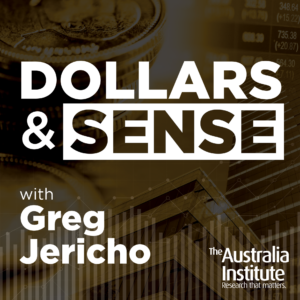If the economy grows as slowly as the IMF predicts it will for the next 2 years, Australia will be lucky to avoid a recession.
The IMF’s latest World Economic Outlook is mostly framed around trying to thread the needle of reducing inflation and cost of living rises and not crashing the economy while doing so.
And while overall the IMF suggests the world economy is in for a “soft landing” the picture it paints for Australia is of a tough year ahead. Policy director Greg Jericho notes in his Guardian Australia column that the IMF has downgraded its expectation for growth next year from an already bad 1.7% to a historically awful 1.2%.
Were Australia’s economy to grow this slowly through the year and avoid a recession it would be the first time that has happened. The IMF also predicts that 2025 will grow by just 2.0%. Were that to occur, it would be the first time on record that Australia’s economy has gone 3 consecutive calendar years without growth above 2%. That is hardly a “soft landing”
The IMF also now predict unemployment will rise quicker than it expected would be the case in its previous outlook in April.
The report highlights the need for the government and the Reserve Bank to work to deliver full employment. The current settings have the nation on course to grow so slowly for so long that the risk of the economy stalling are rising precipitously.
Between the Lines Newsletter
The biggest stories and the best analysis from the team at the Australia Institute, delivered to your inbox every fortnight.
You might also like
Fearful and frozen: Why the Reserve Bank continues to err on rates
The RBA’s failures have real consequences. It should go back and closely reread the recommendations of the RBA review, particularly the ones that encourage it to open up to new and diverse viewpoints.
How Australia can chart its own course in an uncertain world
The Australian government can’t keep its head in the sand and hope the chaos of the Trump administration will just go away.
Inflation beats employment by the length of the straight (sigh)
On our 100th episode of Dollars & Sense, we discuss why the Reserve Bank always seems to prioritise inflation over employment in its interest rate discussions.



